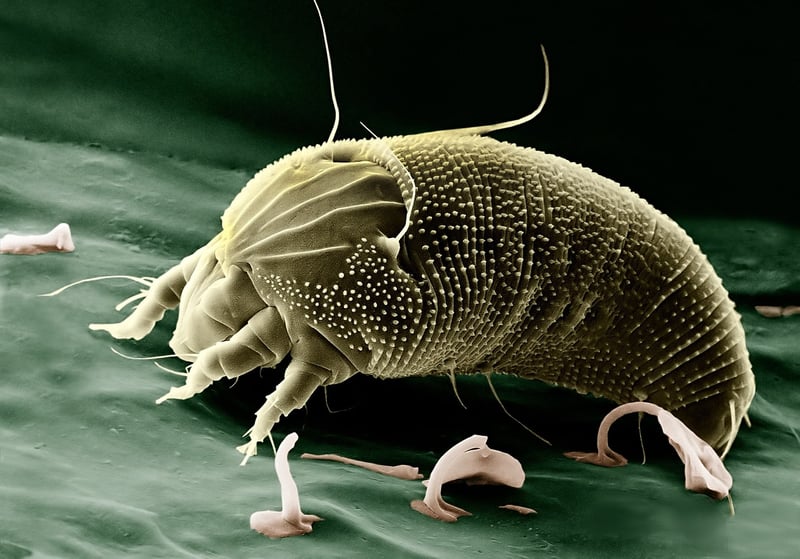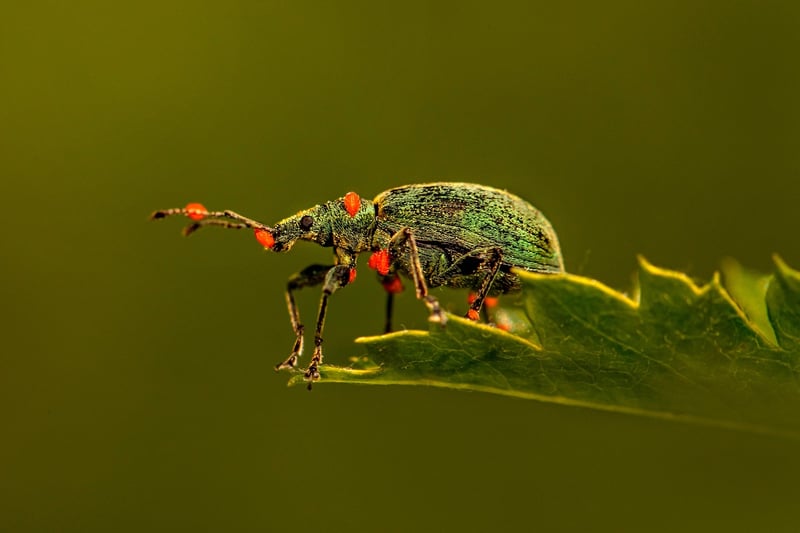Common Pests
Essential Tips for Maintaining Healthy Plants
1. Proper Watering
Ensure your plants receive adequate water according to their specific needs. Overwatering or underwatering can harm your plants.
2. Adequate Sunlight
Place your plants in locations where they can receive appropriate amounts of sunlight based on their requirements. Insufficient light can lead to stunted growth.
3. Good Soil Quality
Use well-draining soil with the right nutrients for your plants. Soil quality plays a crucial role in the overall health of your plants.
4. Regular Pruning
Prune your plants regularly to remove dead or diseased parts and promote healthy growth. Pruning also helps in maintaining the shape of the plant.
5. Proper Ventilation
Ensure good air circulation around your plants to prevent fungal diseases and promote healthy transpiration.
Common Pests Affecting Plants
1. Aphids
Aphids are small insects that feed on plant sap, causing leaves to curl and distort. Use insecticidal soap to control aphid infestations.
2. Spider Mites
Spider mites are tiny pests that suck plant juices, causing yellow stippling on leaves. Introduce predatory mites or use neem oil to manage spider mite populations.
3. Whiteflies
Whiteflies are small, flying insects that cluster on the underside of leaves and feed on plant sap. Use yellow sticky traps or introduce natural predators like ladybugs to control whiteflies.
4. Mealybugs
Mealybugs are soft-bodied insects that leave a white, waxy coating on plants. Remove them manually or use insecticidal soap for mealybug control.
5. Scale Insects
Scale insects attach themselves to plant stems and leaves, sucking sap and causing yellowing. Use horticultural oil or insecticidal soap to treat scale infestations.


